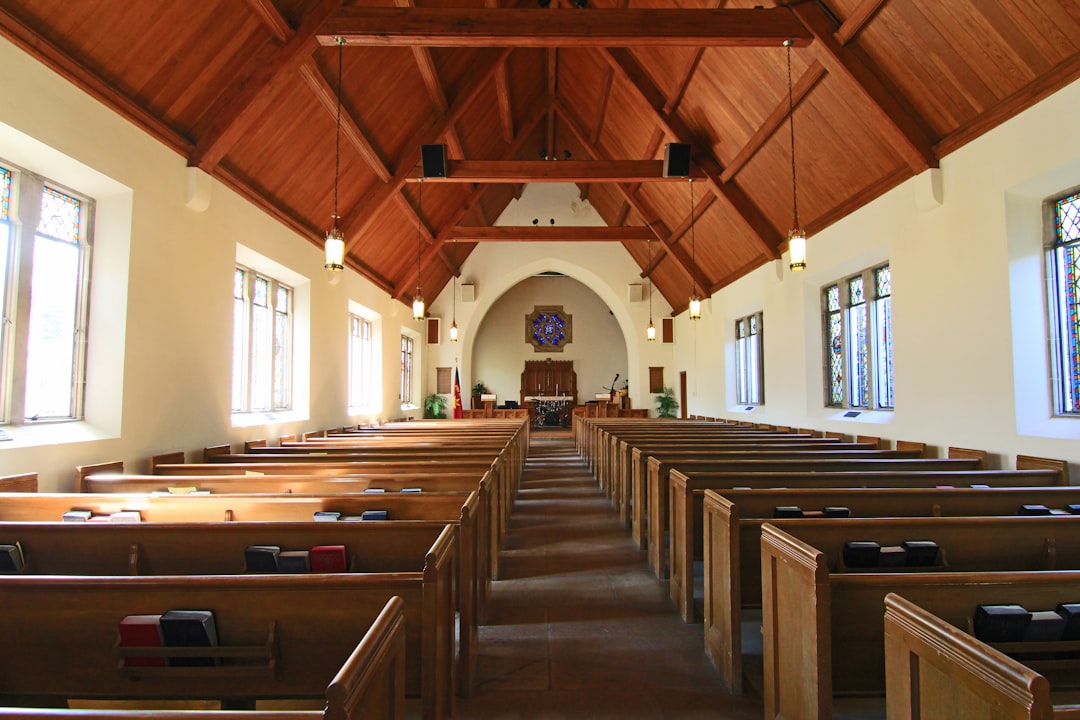Clergy abuse law firms in Portland, OR, provide vital support to survivors by offering legal counsel, emotional assistance, and safe spaces. They help navigate complex legal processes, protect rights, foster closure, and promote healing while ensuring justice for victims. These firms also advocate for systemic changes within religious institutions to prevent future abuse.
Justice for Victims of Clergy Abuse: Navigating the Road to Healing
Clergy abuse, a sensitive and complex issue, demands careful consideration. This article aims to shed light on the challenges faced by victims seeking justice in Oregon. We explore the legal options available through a dedicated clergy abuse law firm in Portland, OR, offering support and accountability for survivors. Understanding the unique dynamics of such cases is crucial, as it enables victims to take action, find healing, and ensure perpetrators are held responsible.
Understanding Clergy Abuse: A Complex Issue

Clergy abuse is a sensitive and complex issue that often involves deep-seated trauma and intricate power dynamics. It’s important to understand that this isn’t simply a matter of interpersonal conflict but is rooted in institutional structures and historical contexts. Many victims face unique challenges when coming forward, including concerns about privacy, potential backlash from their communities, and the complexity of navigating legal systems. In Portland, OR, where there is a thriving clergy abuse law firm dedicated to supporting survivors, understanding these nuances is crucial.
The nature of relationships within religious organizations can create an environment where abuse goes unreported or undetected for extended periods. This is further complicated by cultural norms and teachings that may encourage silence or blame the victim. A Portland clergy abuse law firm helps victims break through these barriers by providing legal counsel, emotional support, and a safe space to share their stories. They work tirelessly to ensure that survivors receive the justice they deserve and are connected with resources for ongoing healing.
Legal Options for Victims in Oregon

In Oregon, victims of clerical abuse have several legal options available to them. Many individuals who have experienced sexual or emotional abuse at the hands of religious leaders find themselves in a complex situation, often feeling trapped due to the sensitive nature of their experiences and the potential for retaliation from the clergy or their institutions. A specialized clergy abuse law firm Portland OR can provide crucial support during this challenging time.
These legal firms are equipped with knowledge of state laws regarding clerical abuse cases and can guide victims through options such as civil lawsuits against the abusers, seeking compensation for the harm they’ve suffered. In addition, they may also assist in navigating potential criminal charges, ensuring that justice is served. Supportive attorneys understand the unique challenges faced by survivors and work diligently to protect their rights while helping them achieve a sense of closure and healing.
Supporting Survivors and Holding Offenders Accountable

Supporting survivors and holding offenders accountable are paramount in addressing clergy abuse. When a person steps forward to share their experience, they embark on a journey toward healing and justice. A compassionate response from the church leadership and the community at large is crucial for their well-being. This support can come in various forms, such as counseling services, legal advocacy, and safe spaces where survivors can share their stories without fear of judgment or recrimination.
In Portland, Oregon, clergy abuse law firms play a vital role in ensuring justice for victims. These specialized legal teams understand the unique complexities involved in these cases and employ strategic approaches to protect survivors’ rights. By working with experienced attorneys, victims can navigate the legal system while focusing on their healing process. Holding offenders accountable involves not only legal consequences but also systemic changes within religious institutions to prevent future instances of abuse.





